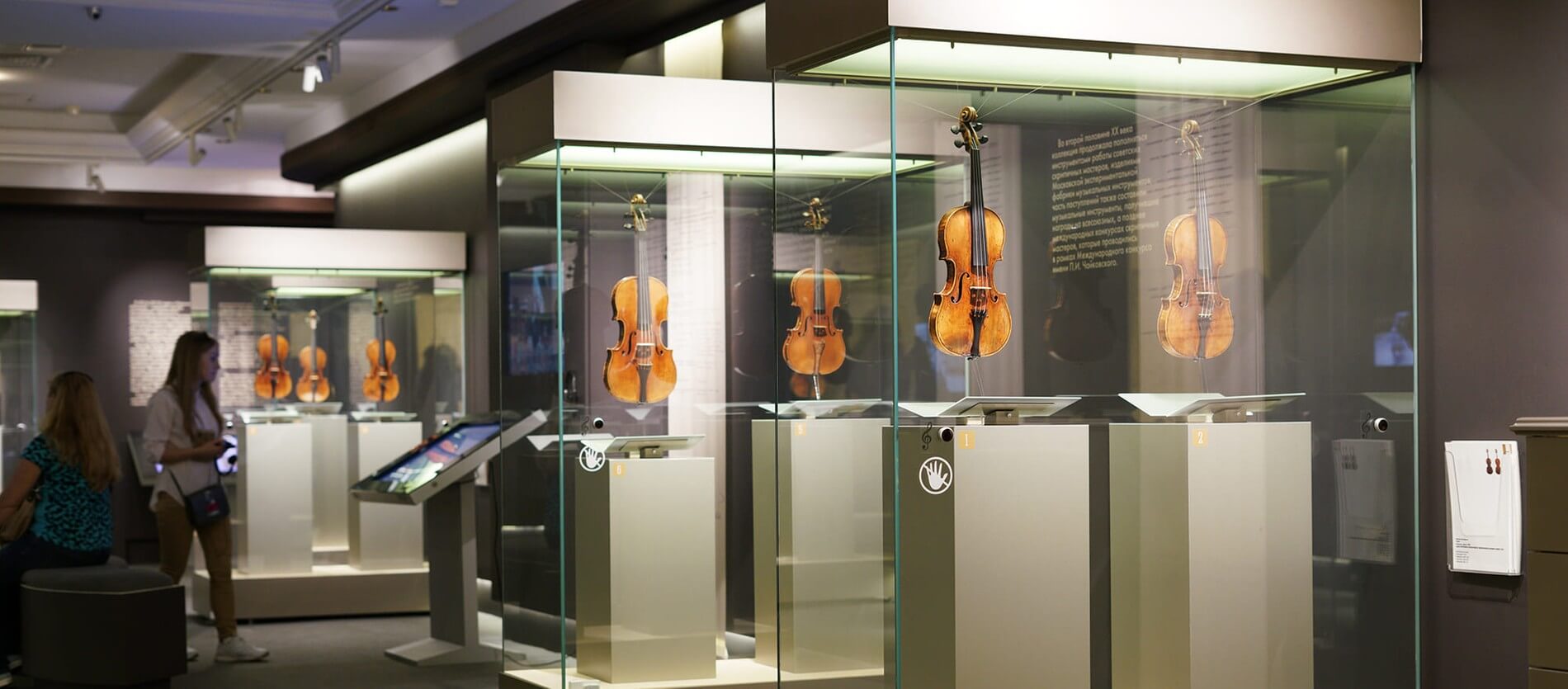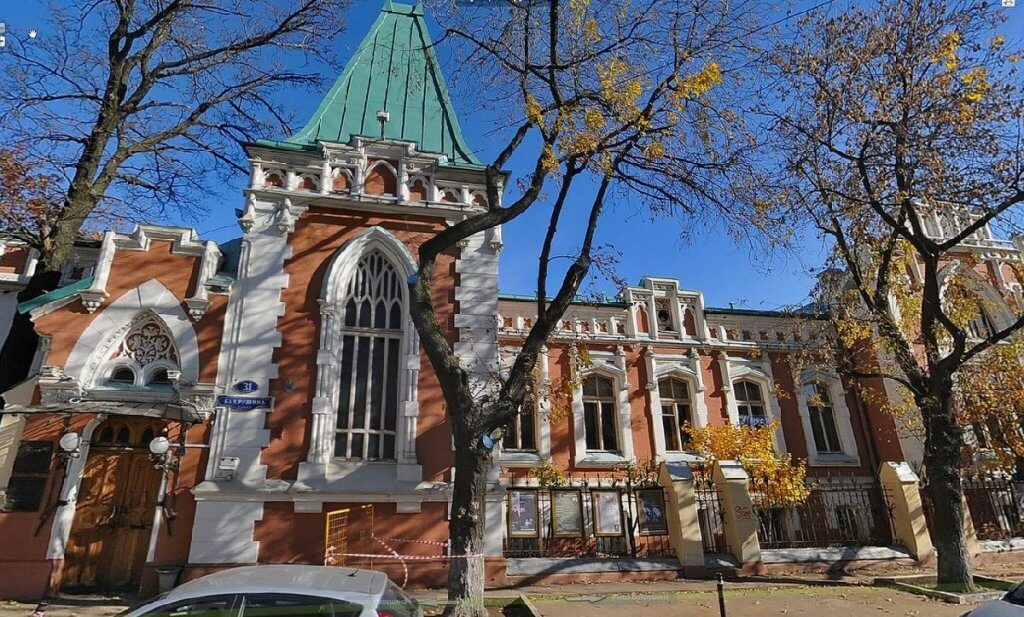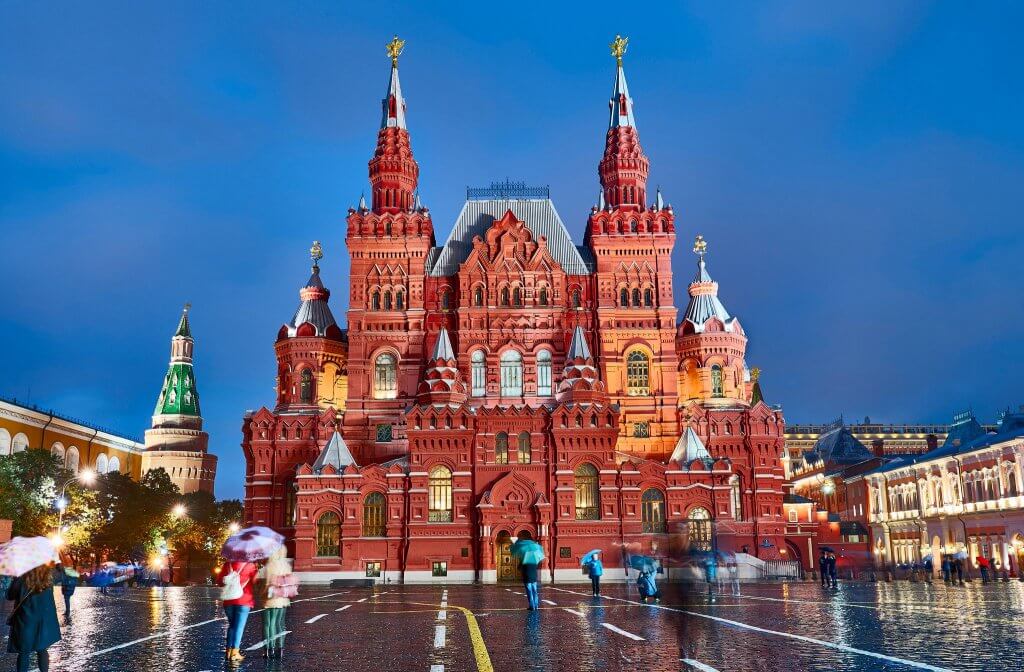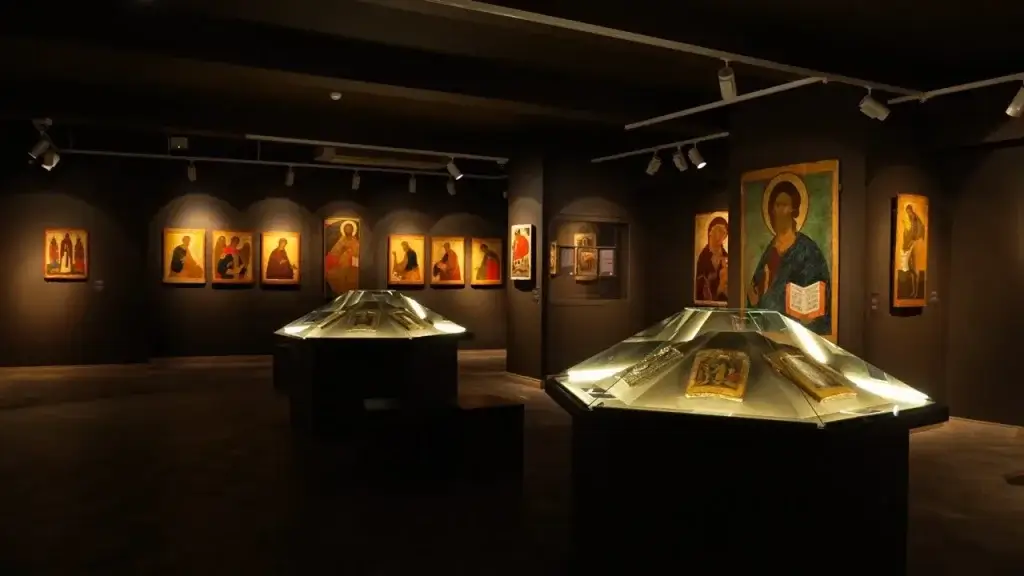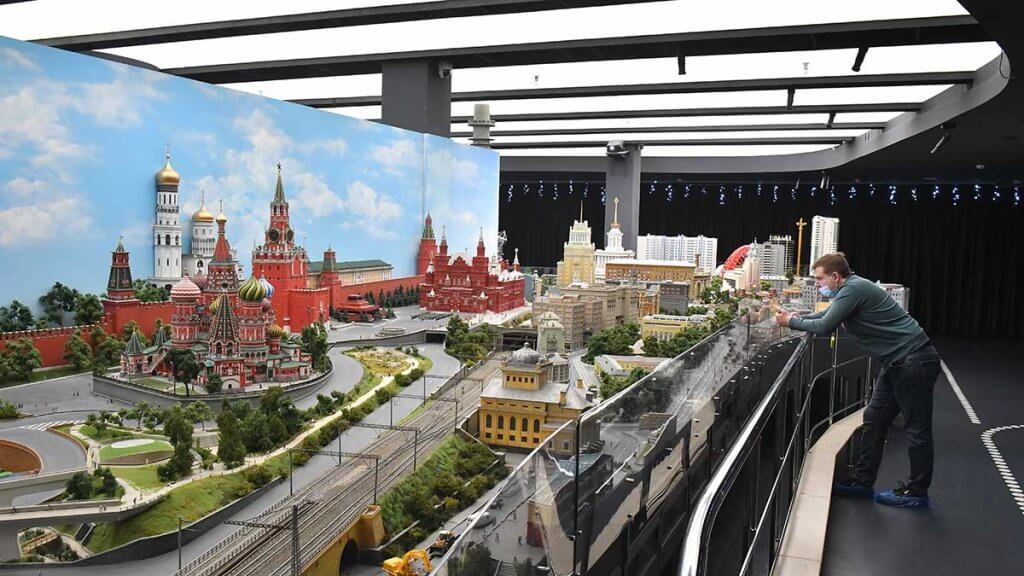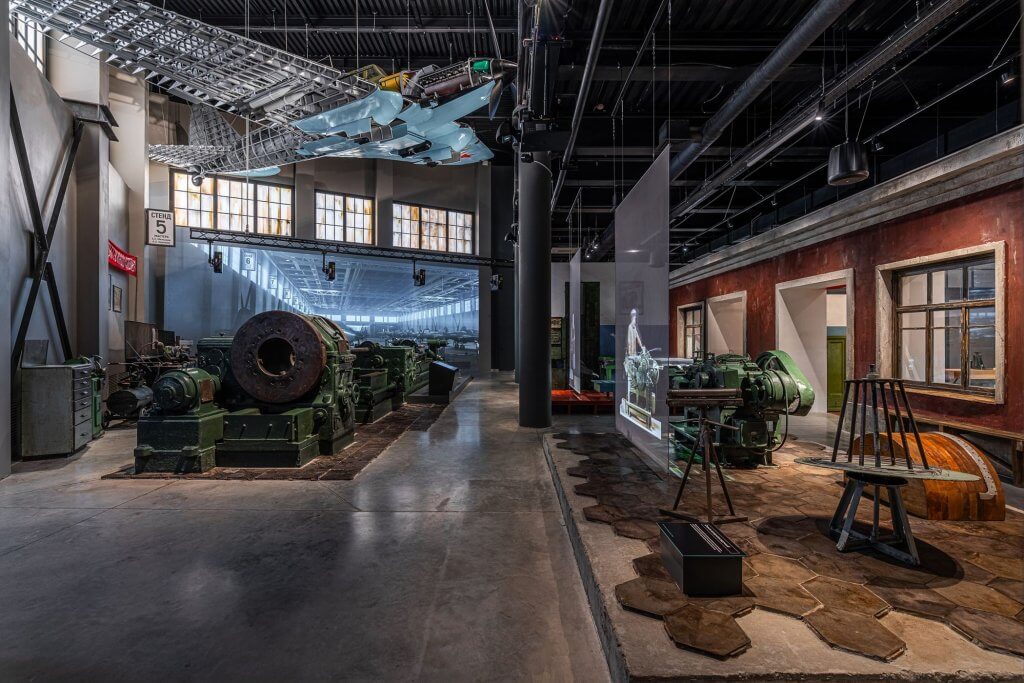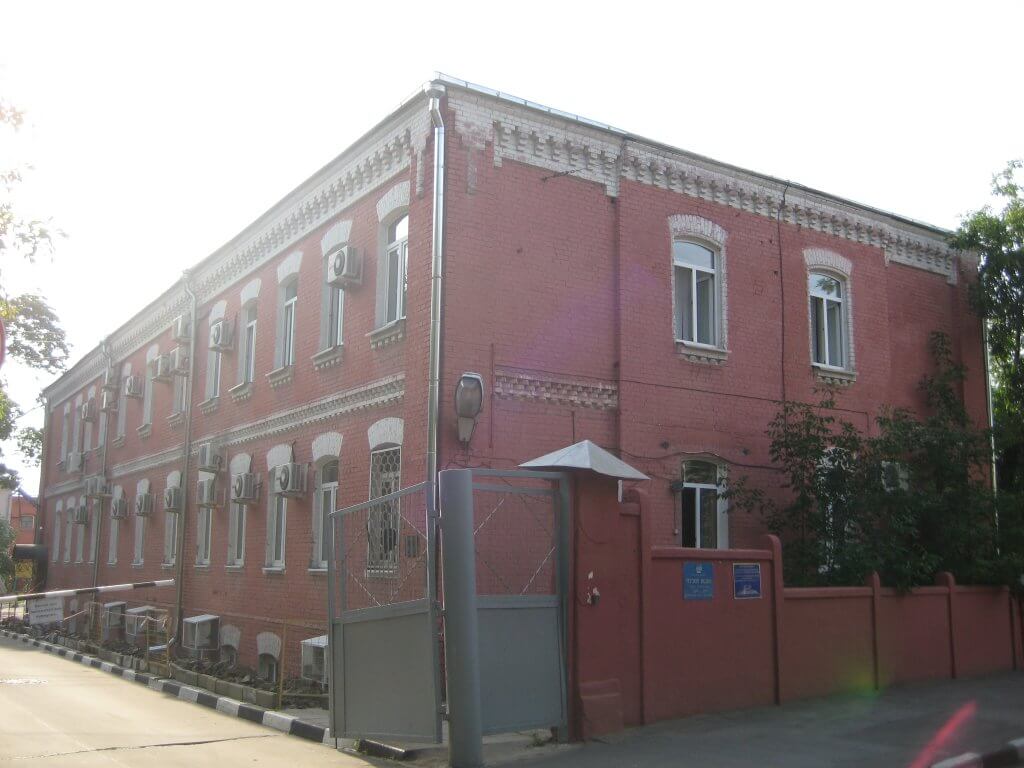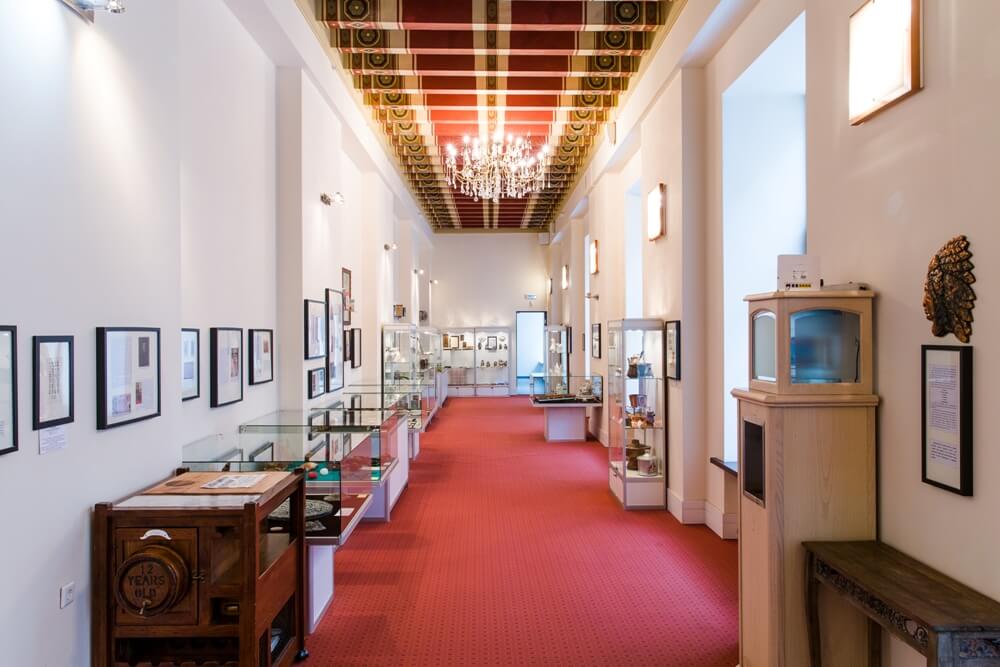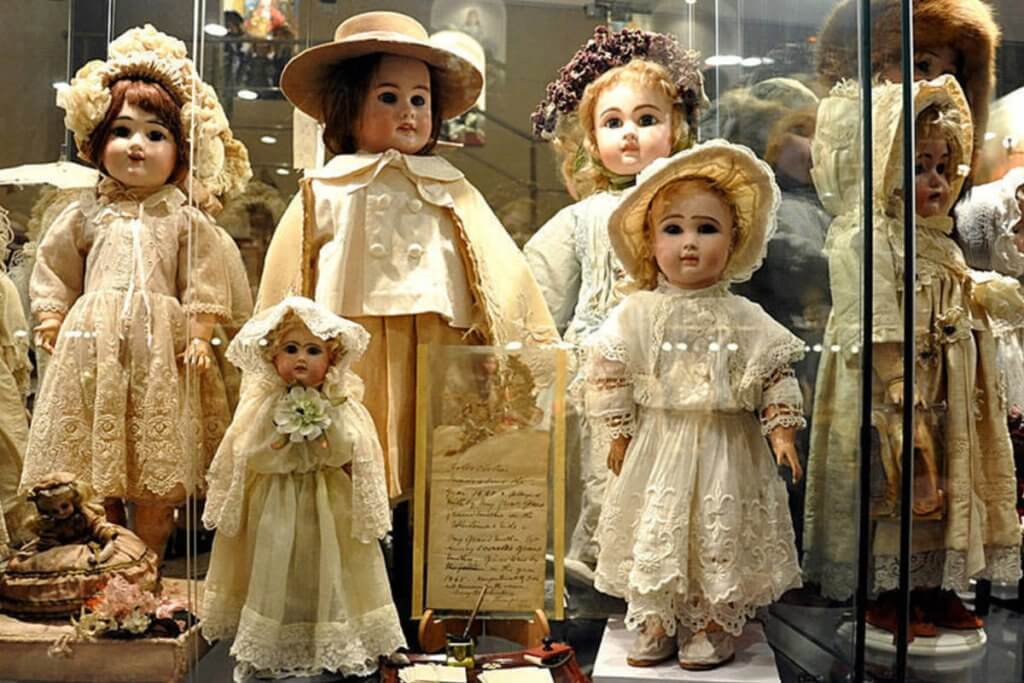A Symphony of Sounds and Stories
The Museum of Musical Instruments Moscow is a celebration of music, culture, and craftsmanship. Located near the historic Novodevichy Convent, this museum features over 500 instruments from Russia and around the world. Visitors can explore exhibits that highlight the diversity of musical traditions, learn about the evolution of instrument design, and even hear some of these treasures come to life.
Why Visit the Museum of Musical Instruments Moscow?
- Cultural Insights : Discover how music reflects the history, values, and creativity of different societies.
- Interactive Fun : Listen to live performances or try playing an instrument yourself.
- Artistic Craftsmanship : Admire the intricate details and materials used in creating these masterpieces.
Key Exhibits to Explore
- Russian Traditions :
- Displays on iconic instruments like the balalaika, domra, and gusli.
- Stories of how folk music shaped Russian identity and celebrations.
- Global Treasures :
- Rare instruments from Asia, Africa, Europe, and the Americas.
- Exhibits on how instruments evolved alongside human civilization.
- Modern Innovations :
- Displays on electronic instruments and experimental designs.
- Stories of how technology has transformed music production and performance.
- Soundscapes :
- Immersive audio installations recreate the ambiance of orchestras, choirs, and street musicians.
- Interactive stations explaining the physics of sound and music theory.
Hidden Gems You Might Miss
- The Secret Archive : Rare manuscripts and scores written by legendary composers.
- Live Performances : Audio recordings of famous musicians playing historic instruments.
- DIY Workshop : Try your hand at building a simple instrument or composing a melody.
Practical Information
- Location : Near Novodevichy Convent (close to [Museum of Bread]).
- Hours : 10:00 AM–6:00 PM (closed Mondays).
- Tickets :
- Adults: 500 RUB
- Kids: 300 RUB
- Free for families visiting the [Museum of Bread] on the same day.
How to Maximize Your Experience
- Combine with nearby attractions:
- [Novodevichy Convent] for a deeper dive into Russian history and spirituality.
- [Museum of Bread] for insights into the connection between food and culture.
- Attend workshops: Learn about instrument-making, music theory, or traditional folk tunes.
The Role of Music in Human History
- Historical Context :
- Music has been a universal language, uniting people across cultures and eras.
- Instruments evolved alongside human societies, from ancient flutes to modern synthesizers.
- Modern Relevance :
- Contemporary musicians blend traditional and experimental sounds to create new genres.
- Technology continues to push the boundaries of what music can be.
Visitor Reviews
- “The exhibit on Russian folk instruments was mesmerizing—it made me want to learn the balalaika!” — Anna, musician.
- “My kids loved the workshop where they built their own mini-drums. Such a fun and educational experience!” — Maria, parent.
Future Plans for the Museum
- Expansion in 2025 : New exhibits focusing on global music traditions and their connections to Russia.
- Collaborations : Joint projects with the [Bolshoi Theater] on the role of instruments in opera and ballet.
Conclusion
The Museum of Musical Instruments Moscow is more than just a collection of artifacts—it’s a celebration of creativity, culture, and the universal language of music. From traditional balalaikas to experimental designs, it highlights the enduring impact of music on human life.
- Why It Stands Out :
- The museum combines history, education, and hands-on experiences in one place.
- Interactive exhibits make it accessible to all ages and backgrounds.
- Cultural Relevance :
- Highlights universal themes like creativity, innovation, and human connection.
- Inspires appreciation for the artisans and musicians who shaped global music traditions.
- Why Return :
- Rotating exhibits feature new instruments and performances.
- Seasonal events, like live concerts or instrument-building workshops, add variety.
Pair your visit with the [Novodevichy Convent] for a deeper exploration of Russian history and spirituality.

